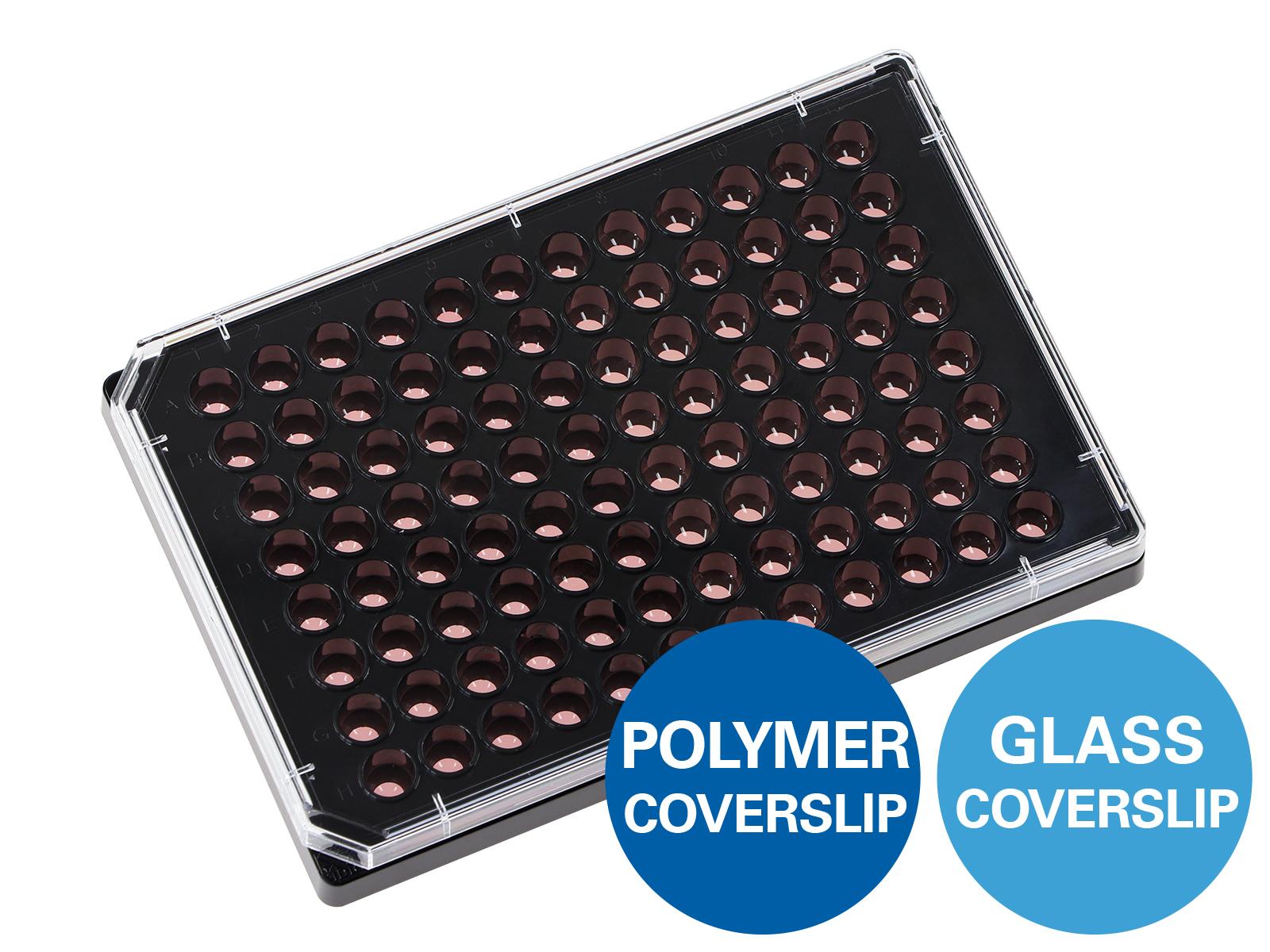
8th ibiTea on June 20, 2023: This event took place in the past, the registration is closed.
Spatiotemporal Dynamics of Self-Organized Branching in Pancreas-Derived Organoids
Presented by Samuel Randriamanantsoa, Technische Universität München, Germany
ibiTea Topic Outline
In our 8th ibiTea, speaker Samuel Randriamanantsoa will talk about the tremendous potential of organoids as in vitro platforms for studying the developmental dynamics of both healthy and cancerous tissues.
During research into pancreatic ductal adenocarcinoma (PDAC), a highly lethal disease, spheroid cultures yielded insight into the fundamental biological aspects of the tumors. However, these spheroid cultures did not morphologically match the complex structures observed in vivo. Therefore, the researchers generated organoids from a single primary murine PDAC cell embedded in a collagen matrix. These organoids self-organized into highly branched structures displaying a seamless lumen that connected terminal end buds, thus replicating in vivo PDAC architecture.
Samuel will present how they identified distinct morphogenesis phases and their dynamics through live imaging, chemical perturbations, sequencing, and biophysical modeling.

PDAC organoid, generated from a single primary tumor cell (nuclei, white), invades the surrounding collagen, and branches out.
Speaker
Samuel Randriamanantsoa
Technische Universität München, Germany
Samuel studied engineering and biophysics at Télécom Physique and the University of Strasbourg in France. In 2019, he joined the laboratory of Prof. Andreas Bausch at the Technische Universität München as a PhD candidate investigating the spatiotemporal development dynamics of organoids. His main research interests are in the self-organization processes of living systems at any scale.





